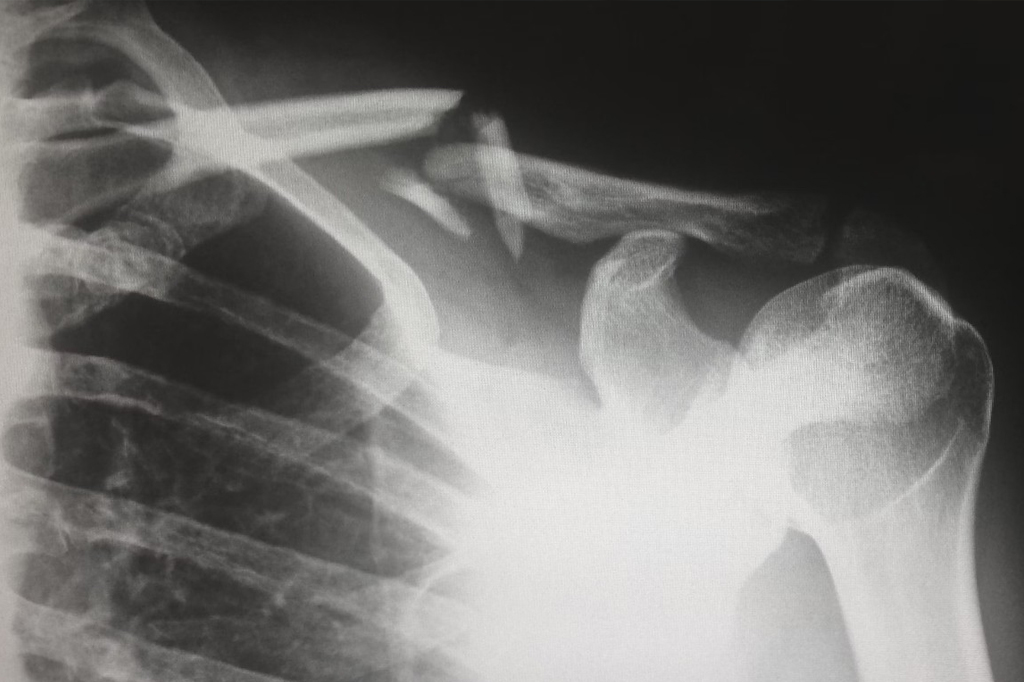I want to address a critical issue that affects us all and that is the shortage of doctors in Ontario and across Canada. This is a pressing challenge that demands our immediate attention and action. One significant factor contributing to this problem is the insufficient funding for Canadian students to attend medical schools abroad, particularly in the Caribbean, where many reputable medical institutions offer high-quality education.
The odds of getting into medical school in Canada are incredibly slim as the acceptance rates typically range between 5% to 10%. With literally thousands upon thousands of applicants vying for a few hundred spots each year, the competition is fierce. This makes it practically impossible for many capable and dedicated Canadian students to secure a place, regardless of their qualifications and commitment to pursuing a medical career. Low-income students in particular face even more significant barriers due to limited financial resources and fewer opportunities to prepare for such competitive admissions processes. As a result, many aspiring doctors are forced to look for opportunities abroad which often comes with its own set of challenges, primarily financial.

Caribbean medical schools, such as St. George’s University School of Medicine and Ross University School of Medicine have a well-established and proven track record of producing excellent and competent doctors who successfully practice in North America. These institutions are celebrated for their rigorous training programs and high standards of medical education which prepare graduates to excel in diverse and demanding clinical environments. By providing real and adequate funding for Canadian students to attend these esteemed medical institutions, we can tap into this valuable resource and significantly bolster our healthcare workforce.
Encouraging Canadian students to study in the Caribbean not only starts to help alleviate the shortage of doctors in a few years but also diversifies our medical workforce with Canadian students from various backgrounds and experiences, including those from low-income families whose children would not otherwise have the opportunity.
Restoring and providing adequate funding for Canadian students who wish to attend medical schools abroad is crucial. The provincial and federal governments must restore and increase funding for these programs to ensure that capable Canadian students from low-income backgrounds have the opportunity to pursue a medical education. This funding should be available based on merit and need, creating a more equitable system. Without this support, many talented Canadian students from low-income families are excluded from the opportunity to become doctors simply due to financial constraints.
Implementing low interest rates and creating a loan forgiveness program which is done in many countries around the world. Requires students to return to Canada and work in underserved areas. By agreeing to work in designated regions or specialties for a set number of years, students can have their loans forgiven, reducing their financial burden and addressing the shortage of doctors in high-need areas. This approach not only supports students financially but also ensures that the healthcare needs of underserved communities are met.
I would establish partnerships with Caribbean medical schools and other international institutions to create streamlined pathways for Canadian students. I would push to lift the current restrictions that prevent Caribbean medical students from completing their core clinical rotations in Ontario, which would significantly contribute to addressing the doctor shortage in our province.
These partnerships can include agreements on tuition discounts, exchange programs, and guaranteed residency placements in Canada. Such collaborations can make international medical education more accessible and attractive to Canadian students, particularly those from low-income backgrounds. Additionally, they can help alleviate the financial burden of medical education, encouraging a more diverse and inclusive student body in the field of medicine.

To accommodate returning students, we must increase the number of residency positions in Canada. This expansion will ensure that Canadian students who complete their education abroad can seamlessly transition into our healthcare system and begin practicing as doctors. Without sufficient residency spots, the investment in medical education abroad would be less effective.
In conclusion, the shortage of doctors in Ontario and Canada is not a complex issue that requires a serious comprehensive approach. Restoring and increasing funding for students to attend medical schools abroad, particularly in the Caribbean can be a significant part of the solution. By providing financial support, creating low loan interest or loan forgiveness programs, establishing partnerships with international institutions, and increasing residency positions, we can address this critical shortage quickly.
For the past decade, our government has been grappling with the pressing issue of the doctor shortage, implementing various strategies to address this critical problem. Despite these efforts, the doctor shortage remains a significant challenge, with our healthcare system still struggling to meet the growing demand for services.
The reality is that incremental changes and piecemeal solutions have not kept pace with the scale of the problem. If my plan had been in place a decade ago, we could have seen substantial progress by now resulting in hundreds of new doctors entering the workforce as early as the third year of implementation.
Expanding the pool of qualified medical professionals in this way would have alleviated significant burdens on our healthcare system. With more doctors available, we could have seen reduced wait times, improved patient care, and a more balanced distribution of medical resources across the province. The positive impact on the quality of healthcare services available to Ontarians would have been considerable.

